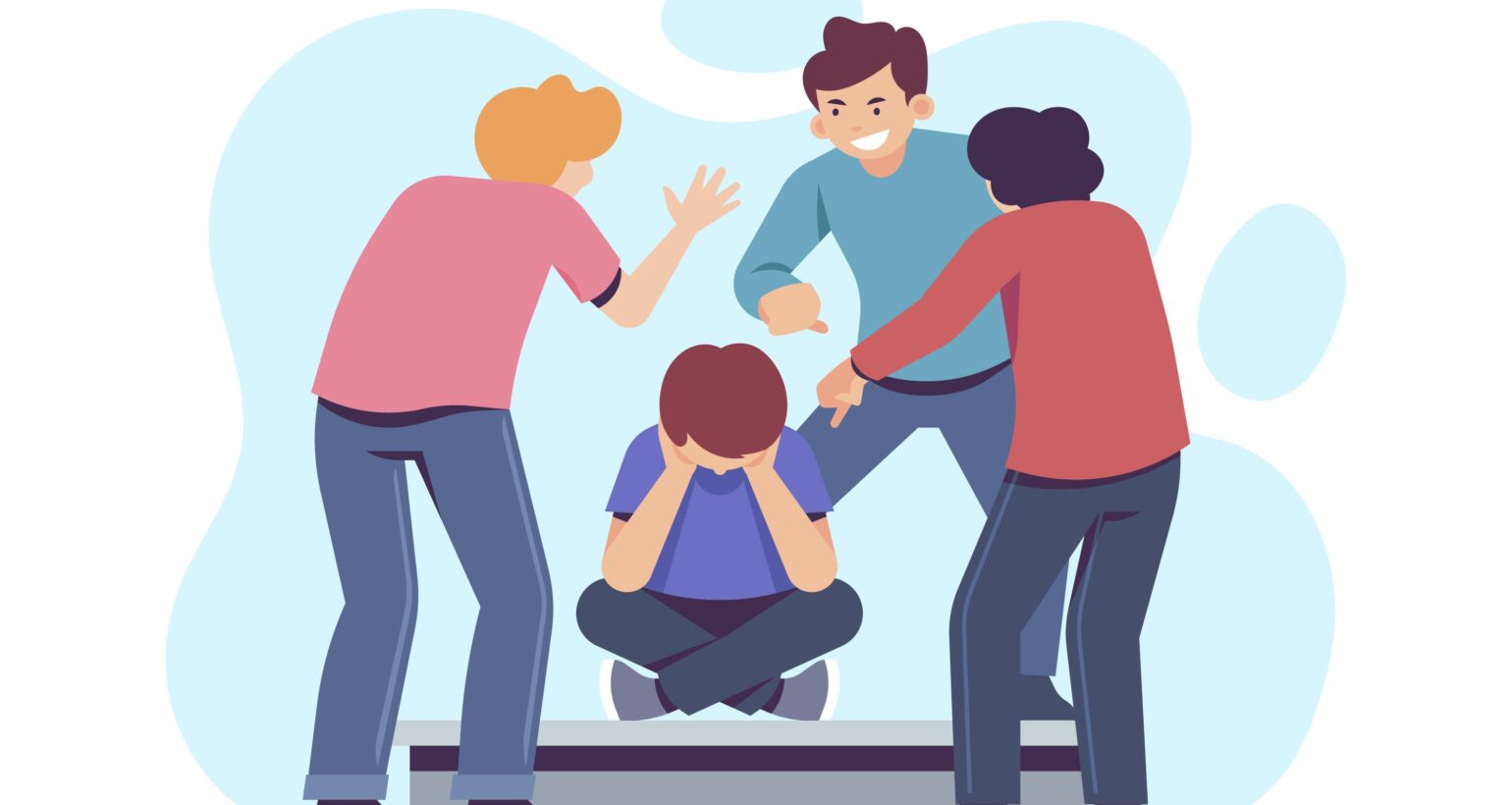Uncovering the Deep-rooted Meaning
Indian festivals are vibrant and grand, known for their lively celebrations and colorful traditions. Beyond the external splendor lies a deeper significance that transcends cultural boundaries. These festivals are deeply rooted in psychology, tapping into human emotions, social bonding, and spiritual experiences.
In this blog, we will delve into the hidden layers of Indian festivals, uncovering their profound meaning and exploring the psychological impact they have on individuals and communities.
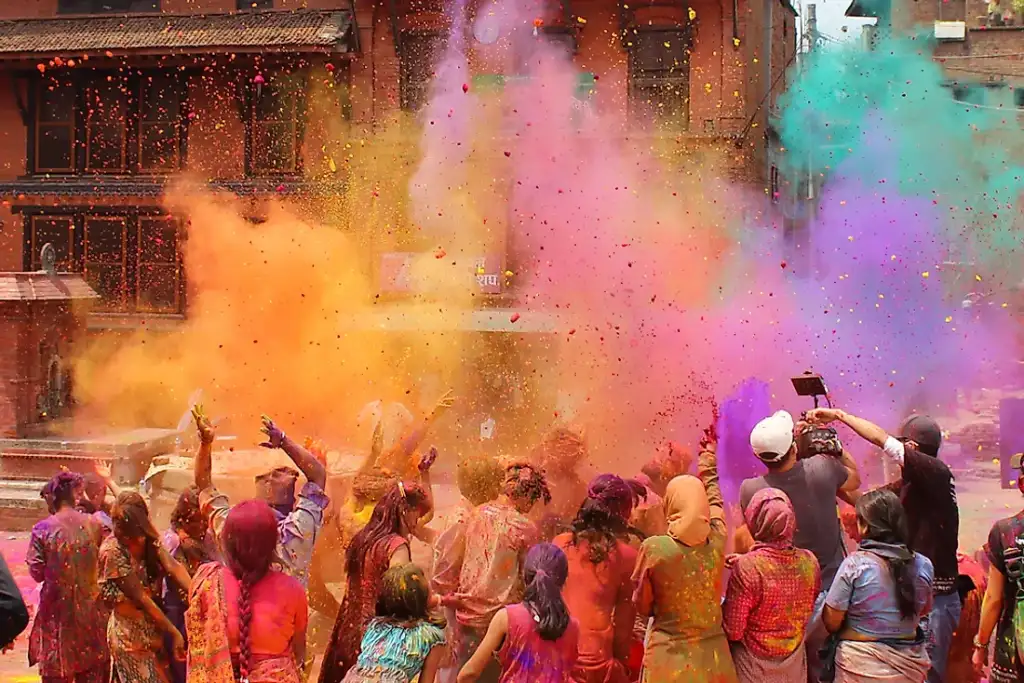
The Power of Rituals: An Emotional Journey Through Psychology
Indian festivals provide a channel for emotional expression. They offer a time for people to break free from their everyday routines and indulge in joyous festivities. From the exhilaration of flying kites during Makar Sankranti to the exhilarating beats of Dandiya during Navratri, these festivals allow individuals to tap into their emotions and experience a catharsis. The act of participating in rituals and traditions provides an outlet for emotional release, bringing people together in shared joy and celebration.
Moreover, Indian festivals serve as a bridge between the past and the present, connecting individuals with their ancestors and cultural heritage. By following age-old customs, people honor the traditions passed down through generations. This sense of continuity provides a deep-rooted connection to one’s roots, fostering a feeling of belonging and cultural identity.
The Psychology of Celebration: Social Bonding and Community Spirit
Indian festivals serve as powerful social bonding mechanisms. They bring communities together, fostering a sense of unity and togetherness. Whether it’s the colorful revelry of Holi or the harmonious chants of Diwali, these festivals provide opportunities for people to interact, connect, and strengthen relationships.
Within families and neighborhoods, festivals create an atmosphere of camaraderie in the concept of Psychology. People exchange gifts, share meals, and engage in collective activities, such as decorating homes or organizing cultural events. These shared experiences forge bonds among individuals, leading to a stronger sense of community and social support.
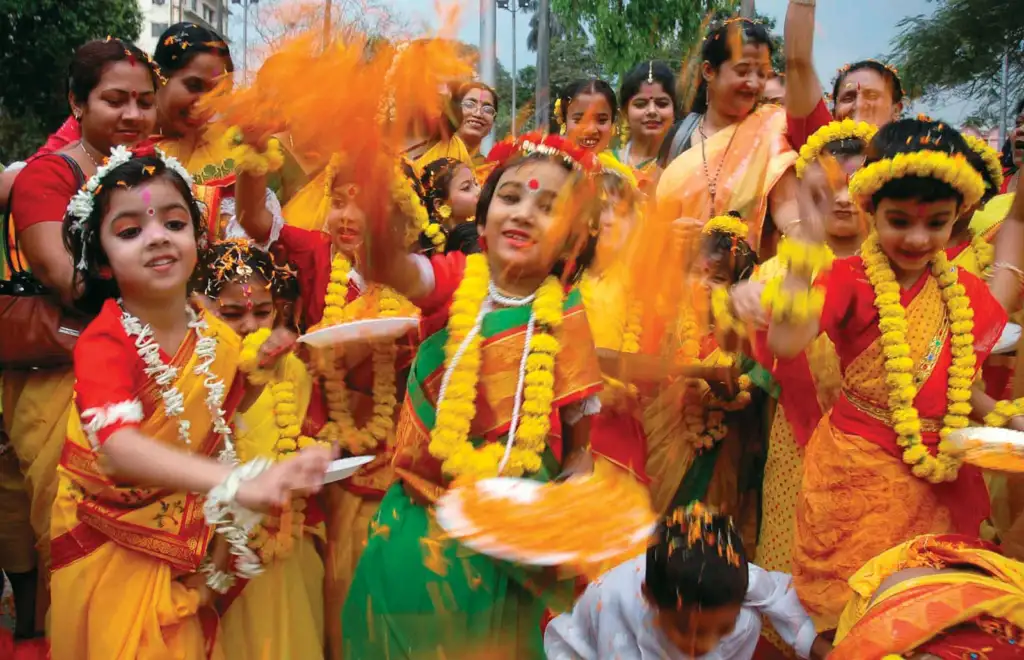
Festivals and the Mind-Body Psychology Connection
Indian festivals are known for their lively music and energetic dances. The rhythmic beats and graceful movements not only add to the festive ambiance but also have a profound impact on our mental well-being. Music and dance have the power to uplift spirits, reduce stress, and evoke positive emotions.
When individuals participate in traditional dances like Garba or Bhangra, they experience a sense of liberation and joy. The synchronized movements and rhythmic patterns create a state of flow, where the mind and body harmoniously merge. This flow state promotes mindfulness, relaxation, and a sense of fulfillment (refreshes one’s Psychology)
Furthermore, the vibrant colors, intricate decorations, and beautiful attire associated with festivals stimulate our senses, creating a feast for the eyes. This aesthetic pleasure enhances our overall mood, leading to a more positive and optimistic mindset.
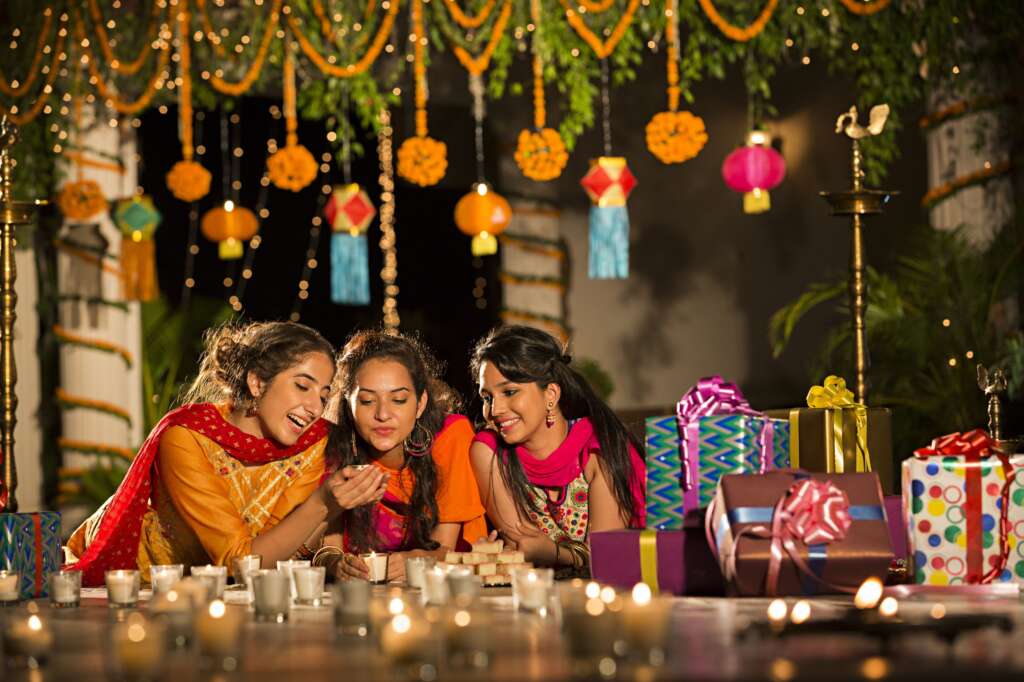
Spiritual Significance: Seeking Transcendence and Enlightenment
Indian festivals are deeply intertwined with spirituality and Psychology, serving as pathways to connect with the divine. Whether it’s the devotion of fasting during Ramadan or the introspection of meditation during Vipassana, these festivals provide opportunities for individuals to deepen their spiritual practices and seek transcendence.
Through rituals, prayers, and sacred ceremonies, festivals act as reminders of our spiritual connection and the pursuit of higher consciousness. They offer moments of reflection, introspection, and self-realization. The act of engaging in spiritual practices during festivals reinforces one’s faith and provides a sense of purpose and meaning in life.
Moreover, Indian festivals often tell mythological stories and legends that are deeply rooted in spiritual teachings. These narratives serve as moral guides and offer valuable life lessons. By retelling these stories and reenacting them through rituals and performances, festivals help individuals connect with their spiritual beliefs and values, fostering a sense of inner peace and enlightenment.
The Joy of Giving: Altruism and Generosity
Indian festivals embrace the spirit of giving and philanthropy. They encourage individuals to share their blessings and extend a helping hand to those in need. Whether it’s donating food during Baisakhi or distributing gifts during Christmas, festivals promote a culture of compassion and generosity.
Participating in acts of charity and giving during festivals not only benefits the recipients but also provides a deep sense of satisfaction and fulfillment to the givers. The act of selflessness and the ability to make a positive impact on others’ lives contribute to overall well-being and happiness.
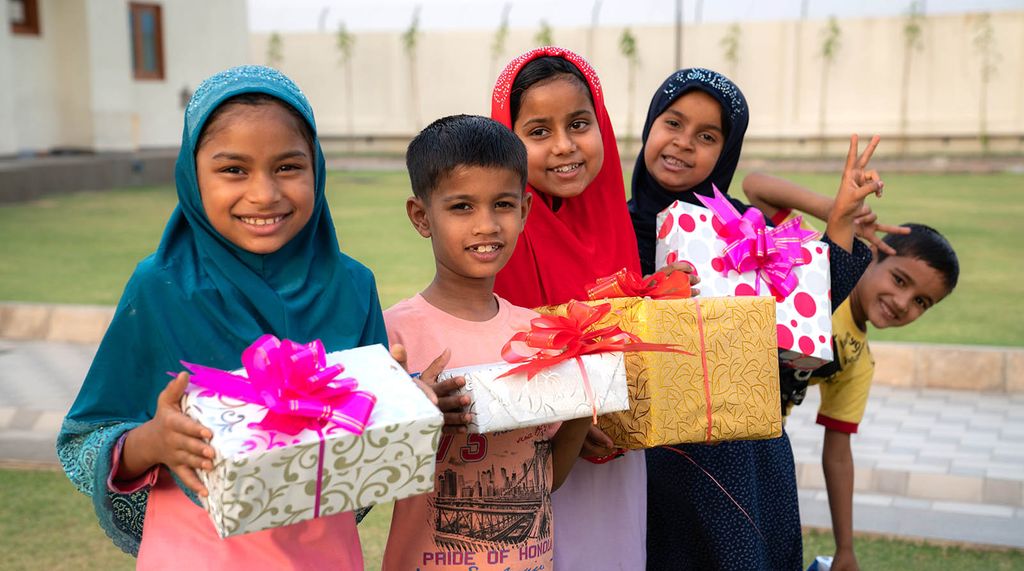
Conclusion :
Indian festivals go beyond their external grandeur and reveal a profound psychological and spiritual significance. By understanding the deep-rooted meaning of these festivals, we can truly appreciate the transformative power they hold in our lives and the collective consciousness of our communities. So, let us embrace the joy, camaraderie, and spirituality of Indian festivals, allowing them to enrich our minds and hearts with their timeless wisdom and celebration of life.

So, as we embark on this journey of self-discovery and celebration, let us immerse ourselves in the colorful festivities, dance to the rhythms of joy, and find solace in the deeper meaning that lies within each ritual and tradition. Because, in the end, it is the psychology of Indian festivals that touches our souls, connects us to our roots, and reminds us of the beauty and richness of our shared human experience.
Remember, as we celebrate these festivals, let us cherish the diversity of cultures and traditions that make India a vibrant tapestry of humanity, all coming together in unity and harmony.


